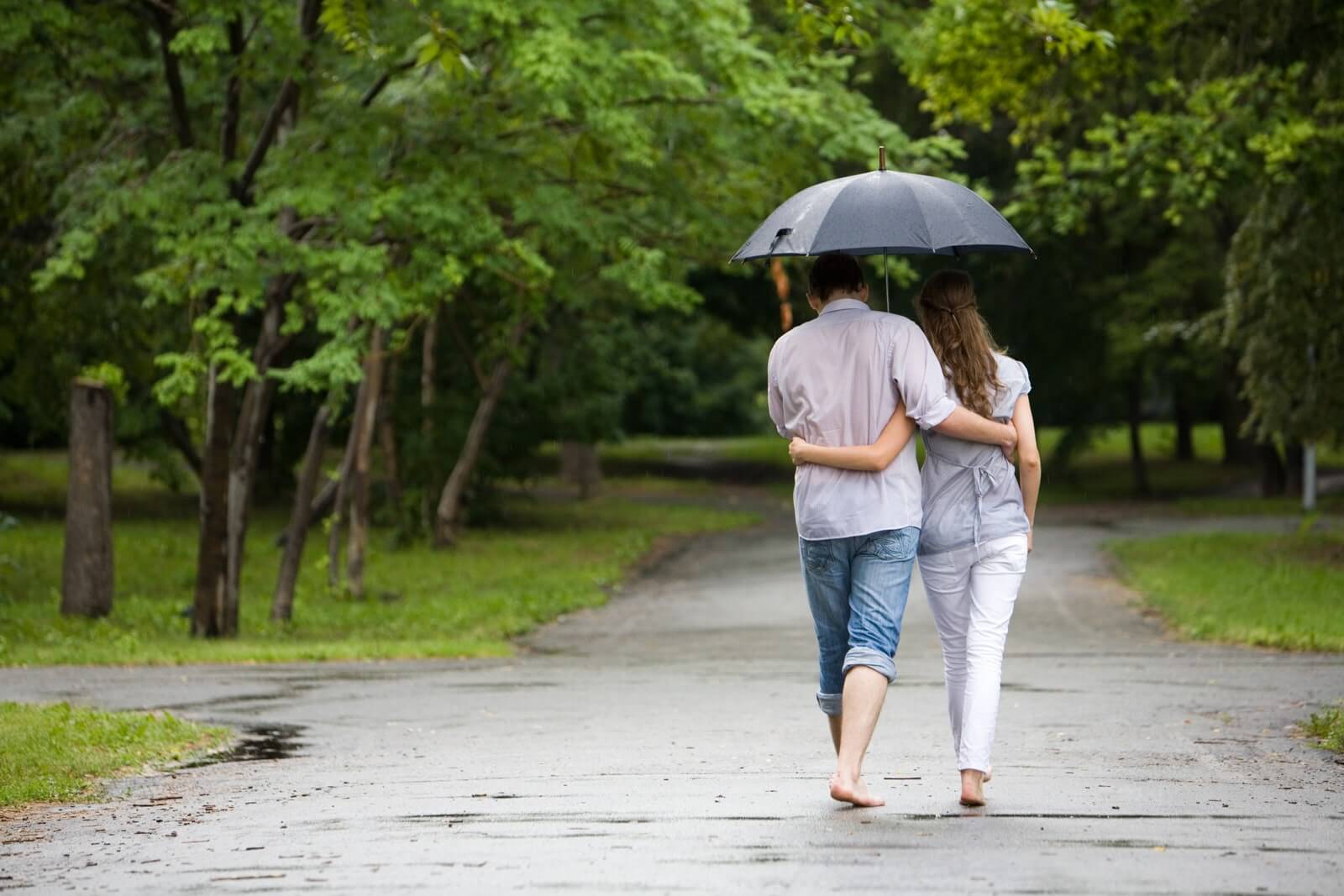
Craving ‘Bad’ Weather? You’re Not Alone – 4 Reasons Why Some of Us Long for Storms
I am much happier and much more motivated during the winter and autumn months – and never more so than when it’s windy, rainy or stormy.
By Nikki Harper | Guest Writer
Wherever you are in the world, the seasons are changing around us. Where I am, in the UK, spring is well underway. As I write this, it’s still broad daylight outside, at nearly 8.30pm. Days are increasingly dry and sunny (well, as ‘dry’ and ‘sunny’ as they ever get in Britain, which isn’t saying much). People around me are cheering up as they look forward to the coming months – after all, for most people, the arrival of spring and then summer tends to foster a sense of mental wellbeing – who doesn’t look forward to summer?
Me, for a start. I’ve always had a strong energetic connection to the weather and I like my weather to be actually doing something. Endless days of ‘dry, warm, calm’ bore me, demotivate me and depress me. Turns out I’m not alone. You’re probably familiar with Seasonal Affective Disorder or SAD, where people experience depression and sleep disruption in the winter months. Guess what? It can happen in reverse too – although much less common, some people suffer from Reverse Seasonal Affective Disorder and are psychologically troubled by the summer months.
I am much happier and much more motivated during the winter and autumn months – and never more so than when it’s windy, rainy or stormy. I get much more work done on dark winter nights than I ever do in the spring or summer. I’ve written before about the psychological and spiritual reasons for being a pluviophile, but there are a number of explanations why people may feel more inspired, motivated and psychologically well during ‘bad’ weather.
The Positive Psychology of Bad Weather
Although most people report feeling fed up and demotivated by bad weather, and by rain in particular, some of us find it affects us very differently.
There’s a sense of feeling safe, cozy and protected if you’re inside looking out during a rainstorm, a gale or a thunderstorm, or if you sit outside in the rain with an umbrella. During a prolonged spell of bad weather, there’s also considerably less social pressure to be out and about and ‘enjoying yourself’ or socialising, which is very welcome for introverts or those who understand the value of solitude.
It’s easy to find a sense of spiritual oneness during bad weather too. Your whole street, your whole community, is experiencing the same thing, and all of nature local to you is experiencing it too. Yes, OK, they’re also experiencing the same thing when it’s dry and sunny, but there’s much less ‘awesome power of nature‘ evident in that scenario.
During storms in particular, the power of nature can be humbling, and it tends to put minor worries and woes into perspective. Of course, I’m not referring here to life-threatening weather events and admittedly I might feel differently if I lived in a country where these were common – but normal ‘bad weather’ showcases nature’s moods beautifully.
The Benefits of Pink Noise
Rain, wind and indeed ocean waves are all excellent natural sources of pink noise – noise that varies in frequency enough to engage and stimulate our brains at some level, while not being distracting or overpowering enough to need conscious listening. Pink noise has been shown to be helpful for sleep and for studying, so it’s likely that the ongoing pink noise of rainy days can help to boost cognition and motivation.
Biometeorology and Negative Ions
Negative ions are air molecules which carry an extra electron (compared to positive ions, which a missing an electron). Negative ions are found all over the place but in particular, colliding water creates negative ions – whether that’s via a waterfall, raindrops or waves in the sea. Lightning bolts also release negative ions.
Biometeorology specialists have been debating the effect of negative ions on human health and psychology for many decades, but it has been shown that sufficient exposure to negative ions can be a major help to people suffering from depression or anxiety. Negative ions have also been shown to improve cognition. Current research centres around whether or not negative ions affect the levels of serotonin in the body, and if so, how this works exactly.
Too Much Sunlight
One hypothesis about Reverse Seasonal Affective Disorder hinges upon the fact that too much sunlight can switch off the melatonin production in your body – melatonin being the hormone which is principally responsible for a healthy sleep-wake cycle. In a minority of people, therefore, longer summer days, even in a sunshine-challenged country like the UK, can have an adverse effect on circadian rhythms and sleep cycles.
The relationship between melatonin and depression/anxiety is intensely complex and still not fully understood. However, it is thought that a melatonin imbalance may be one of the principal indicators of RSAD.
So if like me you have a craving for rain, wind, storms or darker nights it is likely down to a combination of factors, from the purely social to the psychological to the physiological.
What’s clear, however, is that the old cliche that ‘everyone loves summer’ doesn’t hold and has never held. For those who prefer bad weather, autumn can’t come soon enough.
About the Author
Nikki Harper is a spiritualist writer, astrologer, and Wake Up World’s editor.
